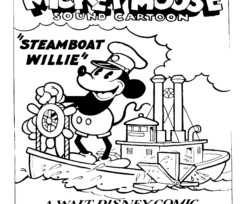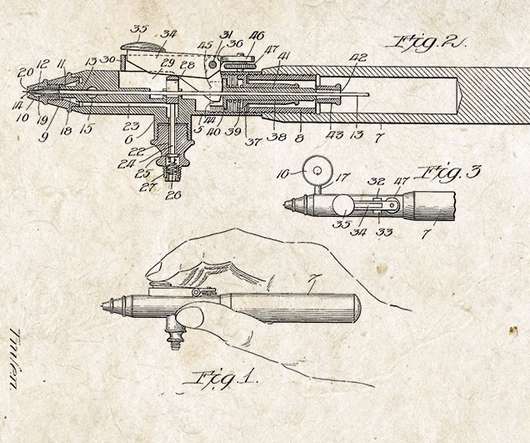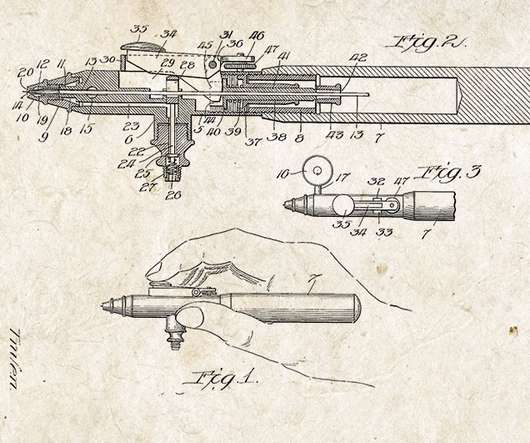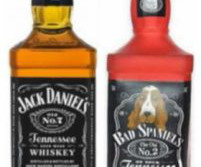Free Mickey? (Don’t Be Goofy)
LexBlog IP
FEBRUARY 29, 2024
January 1, 2024, brought numerous hangovers along with an unprecedented amount of media attention to intellectual property law. Freed from the shackles of copyright, Walt Disney’s iconic rodent was now in the public domain and, therefore, available for everyone to copy.












Let's personalize your content